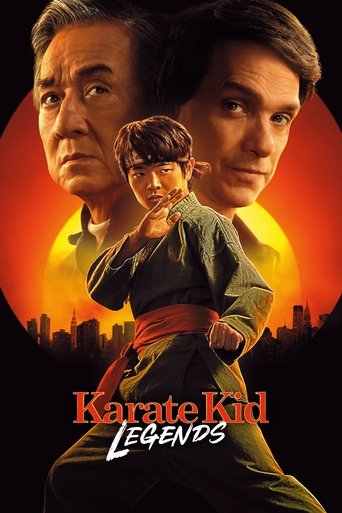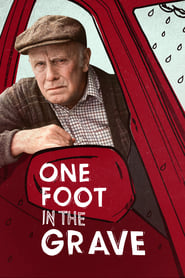Crash Course World History - Season 2 Episode 14 The Railroad Journey and the Industrial Revolution
In which John Green teaches you about railroads and some of the ways they changed the world, and how they were a sort of microcosm for the Industrial Revolution as a whole. Prior to the invention of steam-powered railroads, pretty much all locomotion had been muscle-powered. You either walked where you wanted to go or rode on an animal to get where you were going. The railroad changed human perception of time and space, making long-distance travel much faster and easier. Railroads also changed habits, including increasing reading. People needed some sort of distraction to ensure they didn't have to talk to other people on the train. Like any new technology, railroads also scared people. All kinds of fears surrounded rail travel, but over time, people got over them. And the quality of boiler manufacturing improved, so the trains exploded less often, which also made people feel safer.
Year: 2015
Genre: Documentary
Country: United States of America
Studio: YouTube
Director:
Cast: John Green
Crew:
First Air Date: Jan 26, 2012
Last Air date: Apr 04, 2015
Season: 2 Season
Episode: 72 Episode
Runtime: 12 minutes
IMDb: 6.70/10 by 3.00 users
Popularity: 35.0592
Language: English
Keyword :
Episode
Rethinking Civilization
Money & Debt
Disease!
War & Human Nature
War and Civilization
Climate Change, Chaos, and The Little Ice Age
Humans and Energy
Drought and Famine
How World War I Started
Who Started World War I
The End of Civilization (In the Bronze Age)
The Rise of the West and Historical Methodology
Asian Responses to Imperialism
The Railroad Journey and the Industrial Revolution
Population, Sustainability, and Malthus
Islam and Politics
The Mughal Empire and Historical Reputation
Luther and the Protestant Reformation
Charles V and the Holy Roman Empire
World War II, A War for Resources
Congo and Africa's World War
Water and Classical Civilizations
Conflict in Israel and Palestine
The Vikings!
War and Nation Building in Latin America
Iran's Revolutions
Japan in the Heian Period and Cultural History
Nonviolence and Peace Movements
Capitalism and the Dutch East India Company
Democracy, Authoritarian Capitalism, and China























